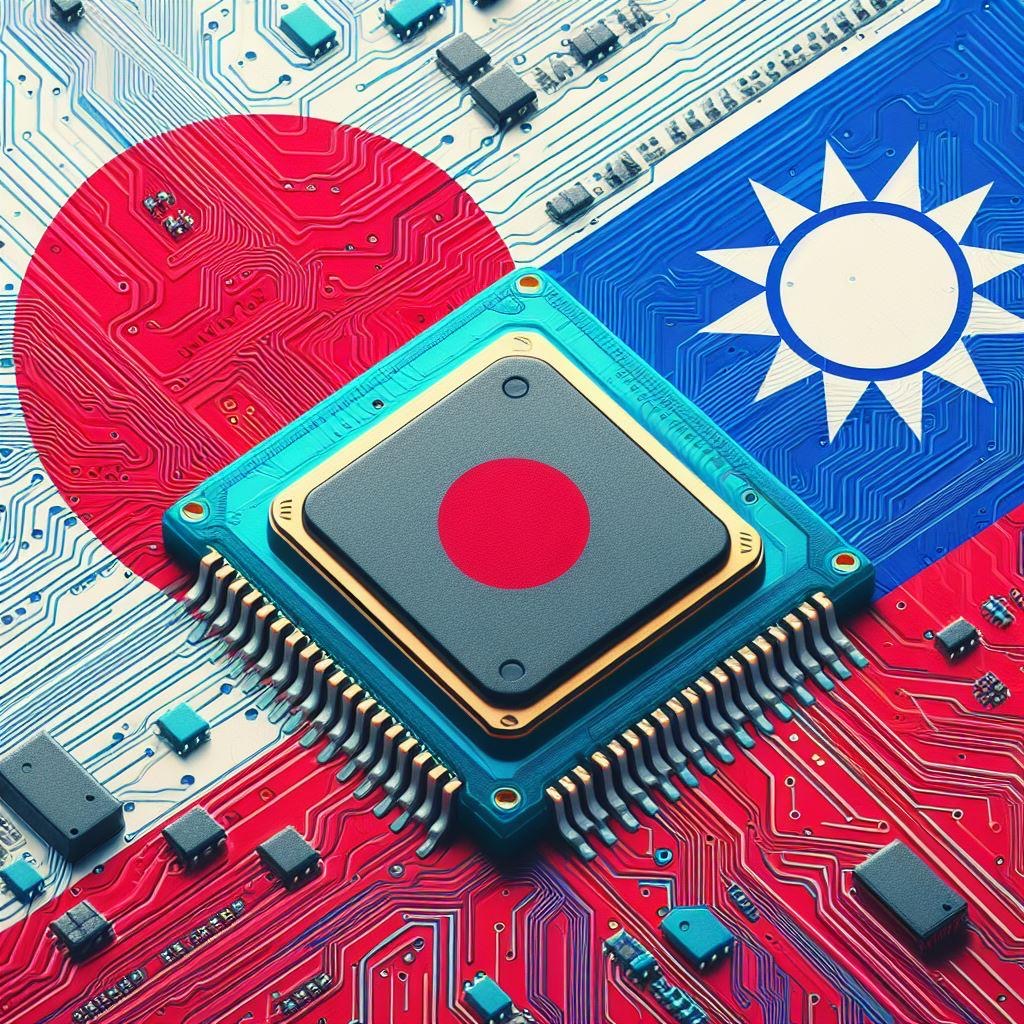| By Xuan Zhong |
TSMC’s Expansion into Japan
Semiconductor giant TSMC officially opened its first chip factory in Japan last Saturday. The construction of the factory began in April 2022, and it is scheduled to start chip production by the end of this year. Earlier this year, TSMC also announced plans to build a second factory in Japan.
Implications for Taiwan’s Semiconductor Industry
TSMC’s move holds profound significance for both Taiwan and Japan. For Taiwan, the increasingly tense relationship with mainland China has heightened the sense of crisis, and the intense competition between the United States and China in the semiconductor industry has caused strong unease for Taiwan, relying heavily on the semiconductor sector as a pillar industry. The Taiwanese authorities and TSMC recognize that appropriately diversifying their supply chain and expanding TSMC’s production footprint could be an effective measure to mitigate risks. Simultaneously, overseas investments could enhance TSMC’s global influence.
Japan’s Strategic Move: Reclaiming Semiconductor Dominance
For Japan, which strongly supports the establishment of this new factory, the significance of the new facility is extraordinary. Japan, which dominated the semiconductor industry in the 1980s, has significantly fallen behind leading regions such as South Korea and Taiwan in this field. Japan sees reclaiming a significant position in this crucial technology industry as a key strategic move to enhance its overall strength and international status. Collaborating closely with like-minded allies such as Taiwan and South Korea, who possess advanced technologies, is considered a more expedient and promising means to develop its semiconductor industry.
Cultivating Competition into Cooperation
The establishment of this factory is also a significant experiment in international cooperation in the high-tech field. If the subsequent operation of this factory proceeds smoothly and helps both Taiwan and Japan achieve their respective expectations, it could serve as a cooperation template in the chip sector for Taiwan, Japan, and even the United States and other allies. Of course, to achieve the desired outcomes, Taiwan and Japan still need to continue negotiations in areas such as cutting-edge technology research and development and the extent of collaboration.



